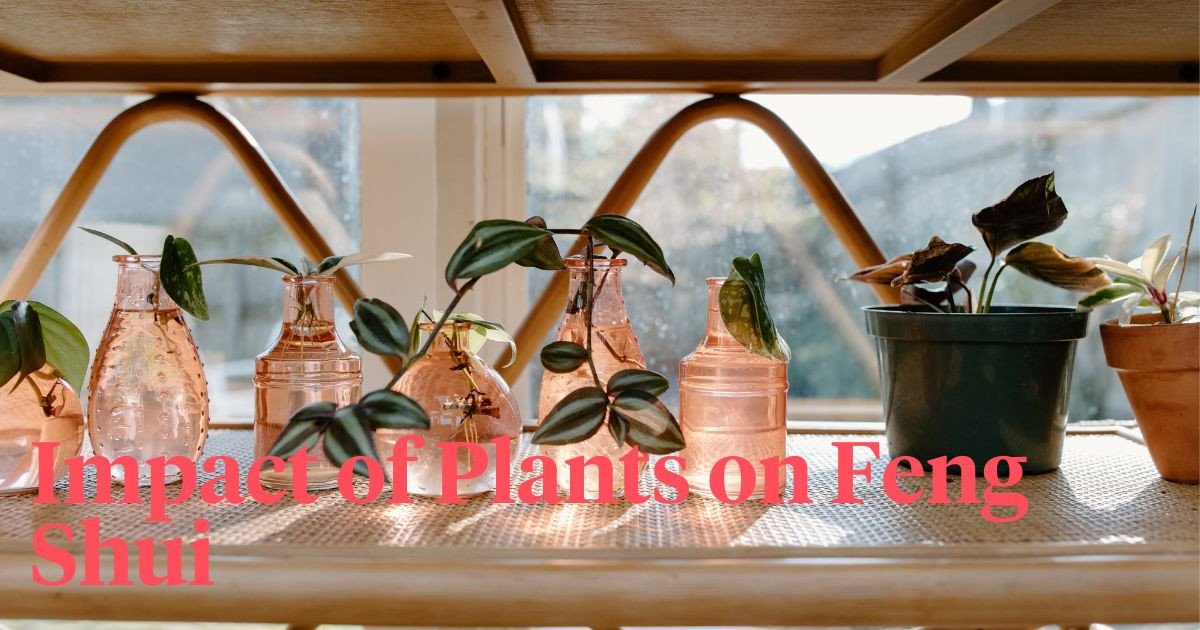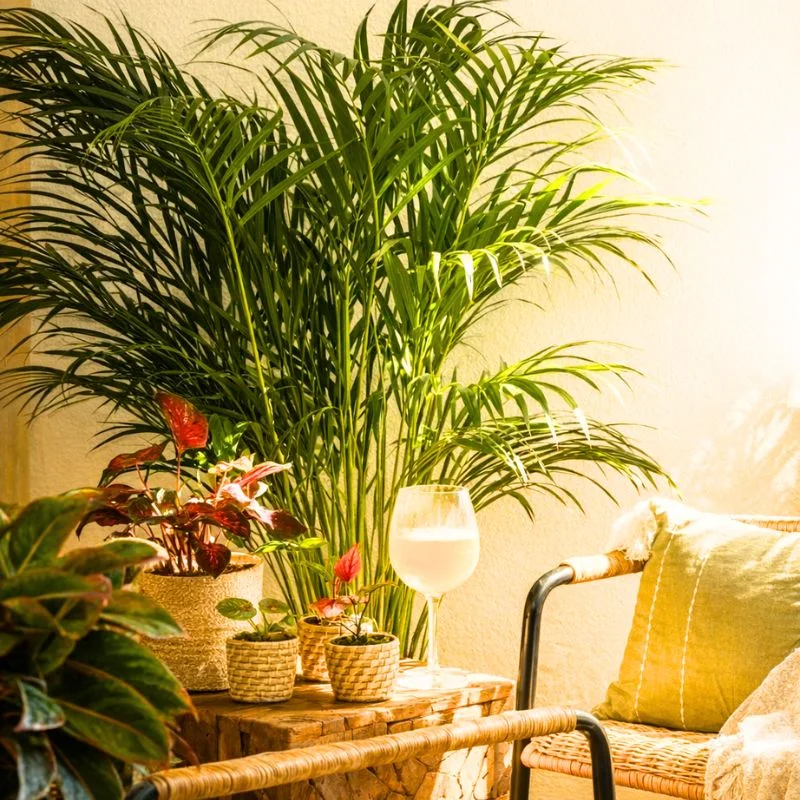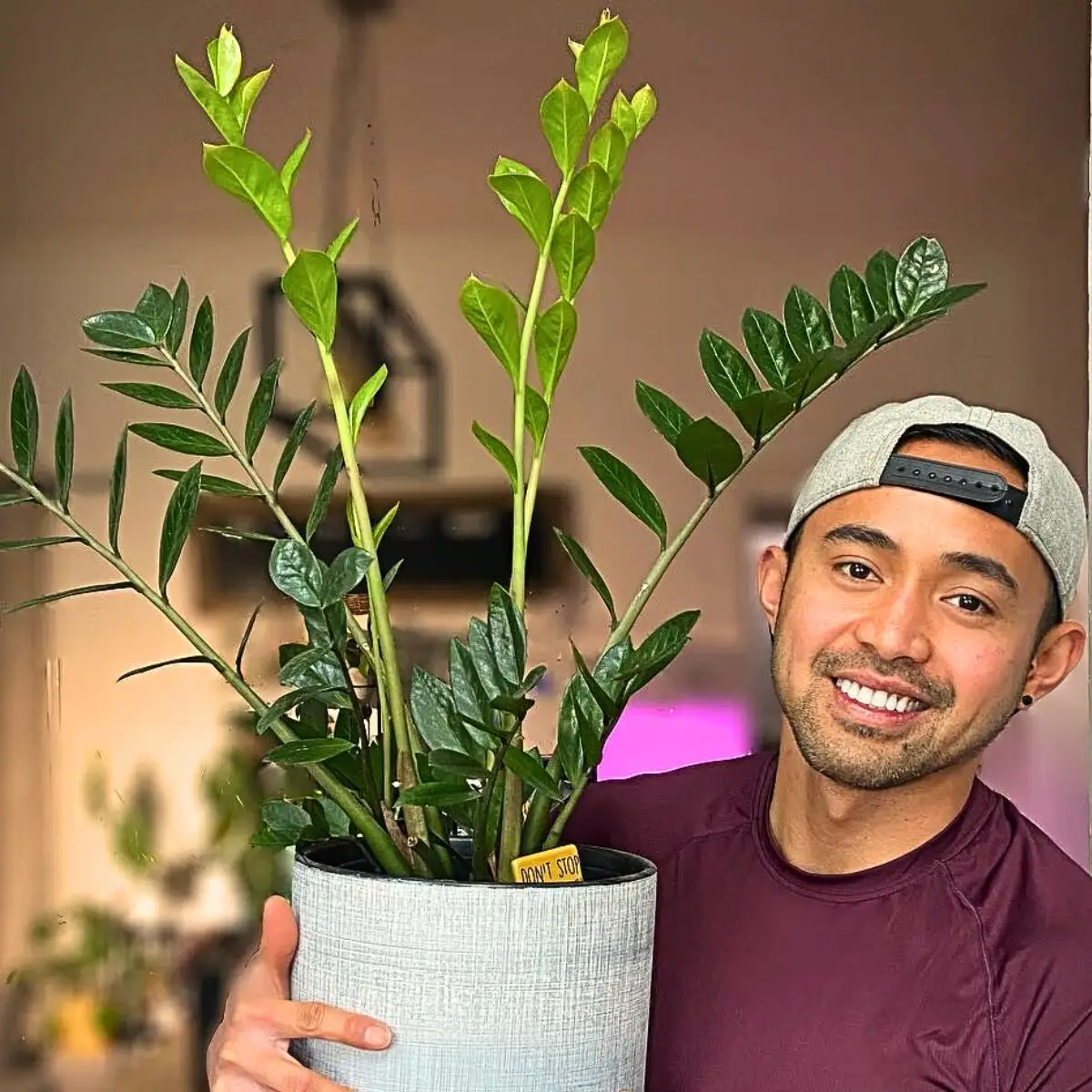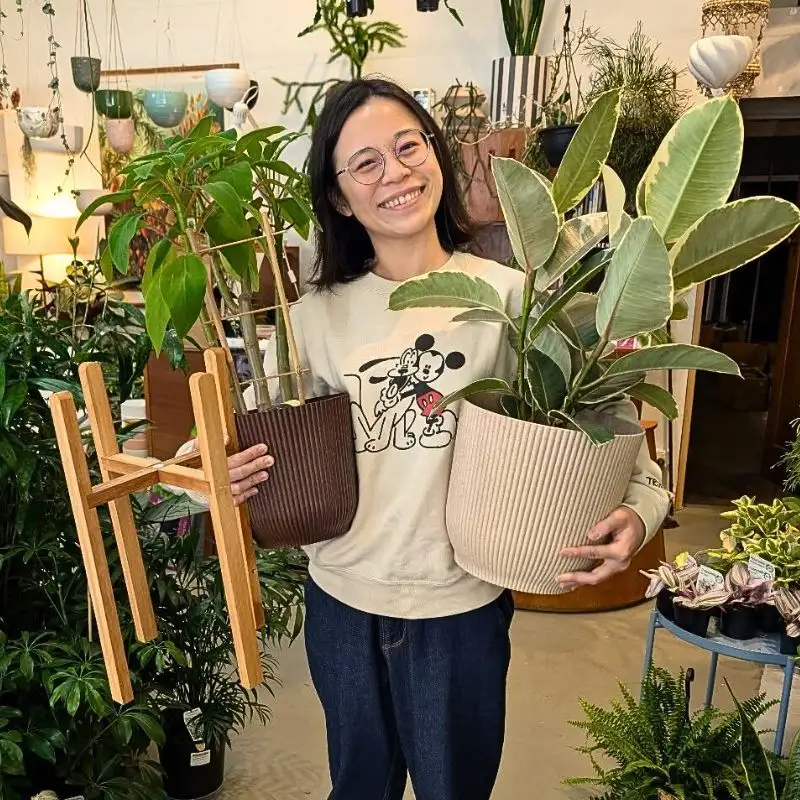In the realm of holistic living, the ancient Chinese philosophy of Feng Shui holds a special place. It is a practice that harmonizes individuals with their surrounding environment, promoting good health and well-being. A key element in this practice is the use of plants. Plants, in the context of Feng Shui, are not just decorative elements but powerful tools that can influence the flow of energy or "Chi" in our living spaces. This article will delve into the role of plants in Feng Shui, their impact on personal well-being, and how they can be used for feng shui for healing illness, feng shui for good health in the home, and feng shui for good health and long life.
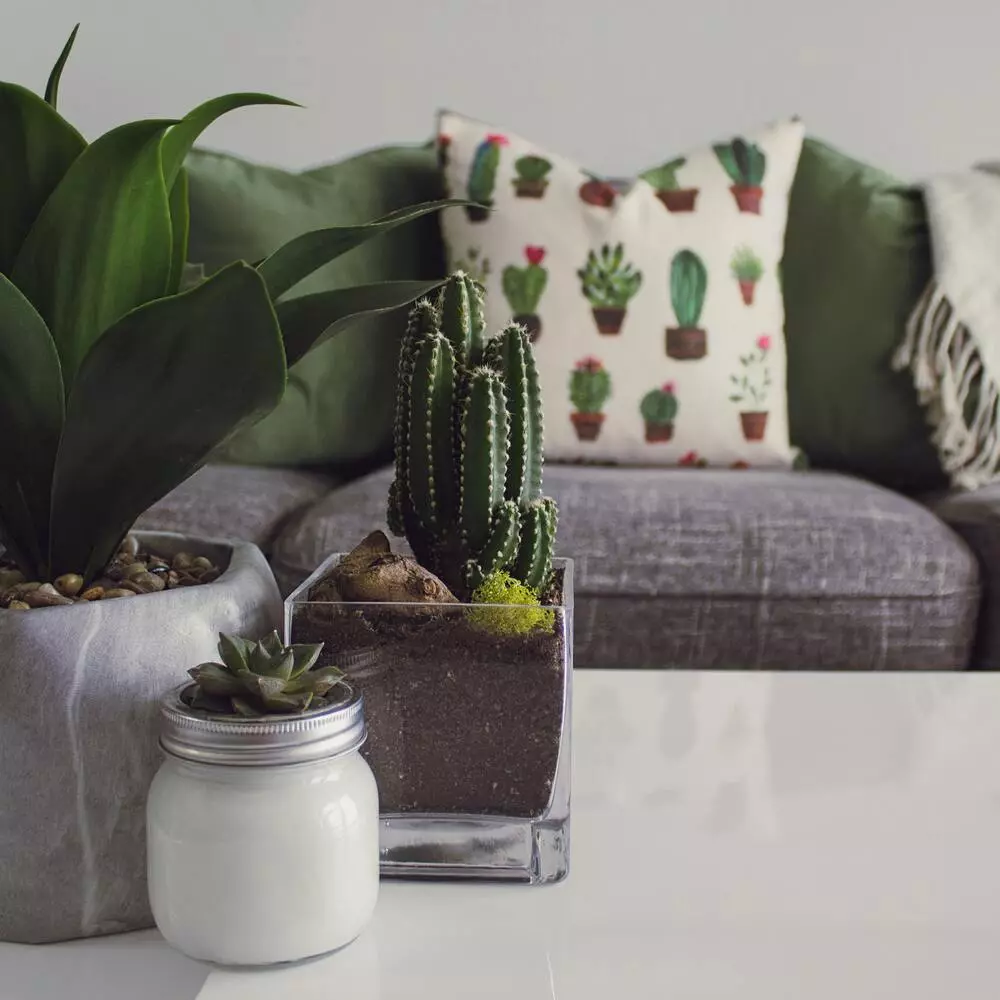
The Role of Plants in Feng Shui
Plants are considered a vibrant life force in Feng Shui. They symbolize growth, prosperity, and positive energy. However, not all plants are considered good in Feng Shui. There are some, referred to as bad luck plants in Feng Shui, that are believed to bring negative energy. It is crucial to understand the difference and choose plants that promote positive energy.
In Feng Shui, plants are used to balance the five elements - wood, fire, earth, metal, and water. They represent the wood element, which is associated with growth, vitality, and abundance. The right placement of plants can enhance the flow of Chi, promoting a sense of peace and harmony.
The Impact of Plants on Happiness and Health
Plants have a profound impact on our happiness and health. They not only improve the aesthetic appeal of our homes but also contribute to our physical and mental well-being. The presence of plants can reduce stress, improve air quality, and promote a sense of well-being. This is particularly important when considering feng shui for healing illness and feng shui for good health in the home.
Research has shown that indoor plants can lower carbon dioxide levels, reduce certain pollutants, and even increase humidity. This can lead to improved respiratory health, better sleep, and overall improved health. Furthermore, the act of caring for plants can provide a sense of purpose and satisfaction, contributing to mental well-being.
Chinese Plants for Happiness, Wealth, and Longevity
Certain plants are highly revered in Chinese culture for their symbolic significance and the positive energy they bring. One such plant is the Citrus tree, which is believed to bring luck and good fortune. Placing a bountiful Citrus tree in the southwest corner of your home is said to bring extra abundance.
Another plant that holds a special place in Feng Shui is the Peony. Known for its beautiful blossoms and wonderful scent, the Peony is believed to bring good fortune and is often associated with feng shui for good health and long life.
The Impact of Plants on Humans
The plants effect on humans is multifaceted. Apart from the physical health benefits, plants also have a significant impact on our mental and emotional health. They can reduce stress, improve mood, and enhance concentration and productivity.
In the context of Feng Shui, the presence of thriving green plants in our living spaces helps us stay connected with nature, reminding us of nature's rejuvenating powers. However, it's important to note that only flourishing plants provide good Feng Shui. Withered or brown plants can bring negative energy and should be replaced promptly.
In conclusion, plants play a vital role in Feng Shui and our personal well-being. They are not just decorative elements but powerful tools that can influence the energy flow in our living spaces. By choosing the right plants and placing them correctly, we can enhance the positive energy in our homes, promoting good health and well-being. Whether it's using feng shui for healing illness, promoting feng shui for good health in the home, or striving for feng shui for good health and long life, plants can be our allies in achieving these goals.
The Power of Plants in Feng Shui for Healing Illness
Plants are not just aesthetically pleasing; they also have healing properties. The presence of plants in our living spaces can have a calming effect, reducing stress and promoting relaxation. This is particularly beneficial when using feng shui for healing illness. Certain plants, like the Peace Lily or Snake Plant, are known for their air-purifying qualities, removing toxins from the air and improving indoor air quality. This can lead to better respiratory health and overall well-being.

Feng Shui for Good Health in the Home
The concept of feng shui for good health in the home revolves around creating a harmonious environment that promotes well-being. Plants play a crucial role in this. They help balance the five elements in Feng Shui, promoting a smooth flow of positive energy or Chi.
For instance, the Lucky Bamboo, one of the best indoor plants for Feng Shui, is believed to bring good luck and prosperity. Its vertical shape represents the wood element, promoting growth and upward movement. Placing the Lucky Bamboo in the east or southeast part of your home is said to enhance health and longevity.
Bad Luck Plants in Feng Shui
While many plants bring positive energy, there are some bad luck plants in Feng Shui that are best avoided. These include plants with thorns, like cacti, which are believed to disrupt the positive flow of energy. Similarly, plants with drooping or downward-growing leaves are considered to bring negative energy. It's important to choose plants that promote positive energy and align with the principles of Feng Shui.
Plants Effect on Humans
The plants effect on humans is profound. They not only improve our physical environment but also have a significant impact on our mental and emotional health. Plants can reduce stress, improve mood, and enhance concentration and productivity. The act of caring for plants can also provide a sense of purpose and satisfaction, contributing to mental well-being.
Feng Shui for Good Health and Long Life
The ultimate goal of Feng Shui is to create a harmonious environment that promotes good health and longevity. This is where feng shui for good health and long life comes into play. By choosing the right plants and placing them correctly, we can enhance the positive energy in our homes, promoting good health and longevity.
Conclusion: The Green Path to Well-being
In the journey of life, the quest for good health, happiness, and longevity is a common thread that binds us all. As we've explored, the ancient practice of Feng Shui offers a unique perspective on this quest, with plants playing a pivotal role. From healing illness to promoting good health in the home, the power of plants in Feng Shui is profound and far-reaching.
The plants effect on humans is not just limited to their aesthetic appeal. They serve as natural air purifiers, mood enhancers, and symbols of growth and prosperity. However, it's crucial to remember that not all plants bring good luck in Feng Shui. Avoiding bad luck plants in Feng Shui is as important as incorporating the beneficial ones.
The practice of feng shui for good health and long life is not a one-time effort but a continuous process of learning and adapting. It's about understanding the subtle energies of our living spaces and making mindful choices to harmonize with these energies. The best indoor plants for Feng Shui are those that resonate with your personal energy and the energy of your home.
In conclusion, the green path to well-being is within our reach. By embracing the principles of Feng Shui and the power of plants, we can create living spaces that nurture our health, happiness, and longevity. After all, our homes are not just physical structures but living, breathing entities that mirror our inner state of being. Let's make them a source of positive energy and well-being.

